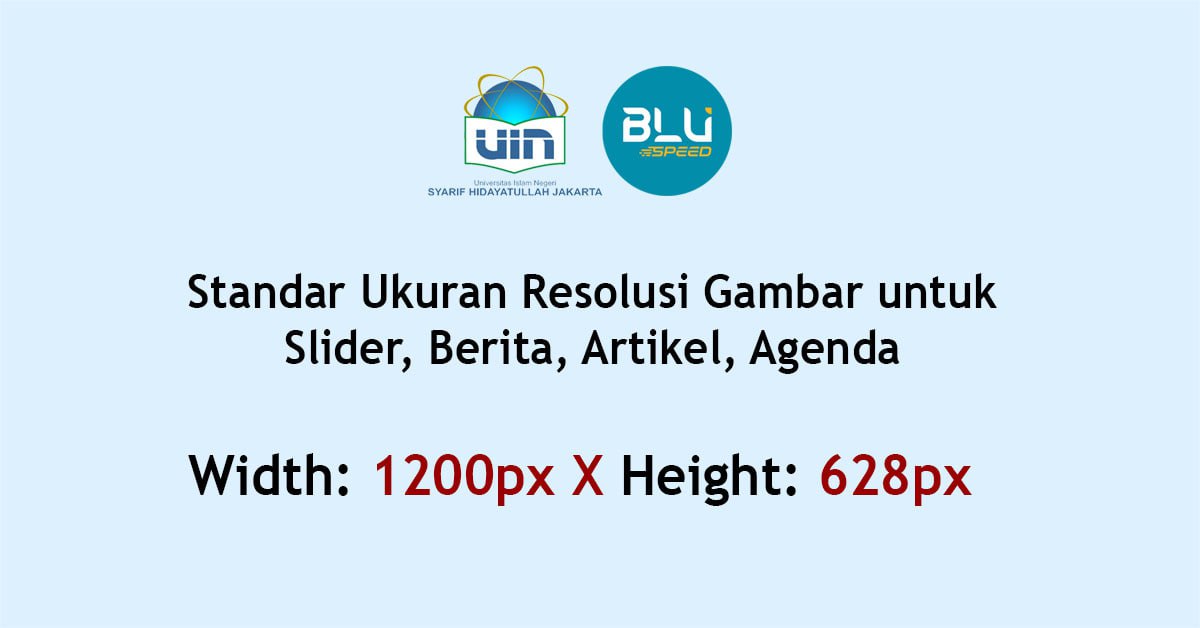11th International Conference on Cyber and IT Service Management
Agenda3 mnt baca
09 November 2023
15:00:00 - 15:01:00
Maxy Innovation Impact Hub, Gedung FST Lantai 1
Fakultas Sains dan Teknologi UIN Syarif Hidayatullah Jakarta
The 11th International Conference on Cyber and IT Service Management (CITSM 2023)
CITSM 2023 is the tenth annual conference in the general area of cyber and IT services management. It provides a forum for presenting and discussing the latest innovations, results, and developments in cyber networks, pervasive systems, cloud environments, enterprise, and IT related to service management. The conference provides a forum for ICT professionals engaged in research and development to share ideas, interact with others, present their latest works, and strengthen the collaboration among academics, researchers, and professionals. It is a multitrack, a highly-selective conference attended by foremost experts in this area from academia, industry, and government.
Original and unpublished papers are invited in the following research areas, but not restricted to:
- Advanced Persistent Threats/ Next Generation/Advanced Evasive Techniques (e.g., monitoring, incident response, forensics, data breach response plan – after the breach) Information Protection Technologies /DRM/DLP (e.g., infrastructure, policies, data management/classification) Operational Technology/PCS/ICS/SCADA Security (e.g., emerging threats, vulnerabilities, vendor solutions, Stuxnet implications)
- Application Security (e.g., database security)
- Big Data
- Bio-Informatics
- Bio-Technology
- Business Intelligence and Knowledge Management
- Business Process Reengineering & Management
- Cloud Computing (e.g., policy/risk management, identity management, mature cloud security programs, corporate use of social sites, data management/classification, partner application gateways/collaborative work areas, emerging technology trends).
- CRM & Decision Support Systems
- Cyber Threat Intelligence & Information Sharing (e.g., managing physical and cyber information sharing within O&G sector, government involvement, vendor/3rd party involvement)
- Data Analytic
- Data and Web mining
- Database Systems
- Distributed & Parallel Systems
- E-Business
- E-Governance
- Emerging Cyber Threats in the O&G Sector (e.g., cyber terrorism, hactivism, next generation firewalls, etc.)
- Energy Management & Smart Grid
- Engineering
- Enterprise Computing
- Financial Engineering
- Green Computing
- Health Information Management & Technology
- Human Resources Information Systems
- ICT and Islam
- ICT Development
- Incident Response Management Endpoint Security (e.g., White listing, etc.)
- Innovation and Technological Entrepreneurship
- IT Strategies
- Legislative/Regulatory Proposals (e.g., cybersecurity & privacy)
- Mobility/Mobile Device Management & Alternative Models (e.g., consumerization supporting non-company devices, policies, data management/classification, emerging technology trends)
- Networked and Web based Systems
- Other Possible Topics (e.g., enterprise search, managing privileged accounts, securing the mobile executive, law enforcement – who to call).
- Risk Management (e.g., GAC–SIEM, IT audits, security metrics)
- Service Management
- Social Engineering (e.g., staff training, insider threats, advance spear phishing)
- Social Networks
- Software as a Service
- Supply Chain Information systems
- Technology Management
- ICT For Rural Area
Prospective papers should be written in readable and plain English and between 4 to 6 pages. Submitted papers will be carefully evaluated based on originality, significance, technical soundness, and clarity of exposition. Each paper will be reviewed by three program committee members. Papers that do not conform to the requirements may be rejected without review.
Accepted papers will be presented in one of the regular sessions and will have two options for publication:
- Proceeding will be submitted to IEEE Xplore and EI
- International SCOPUS Indexed Journals (with major revision)
The paper should be formatted according to the IEEE guidelines (authors using Latex need to choose the LateX2e – Tighter Alternate style) and submitted electronically at “Paper Submission”.

